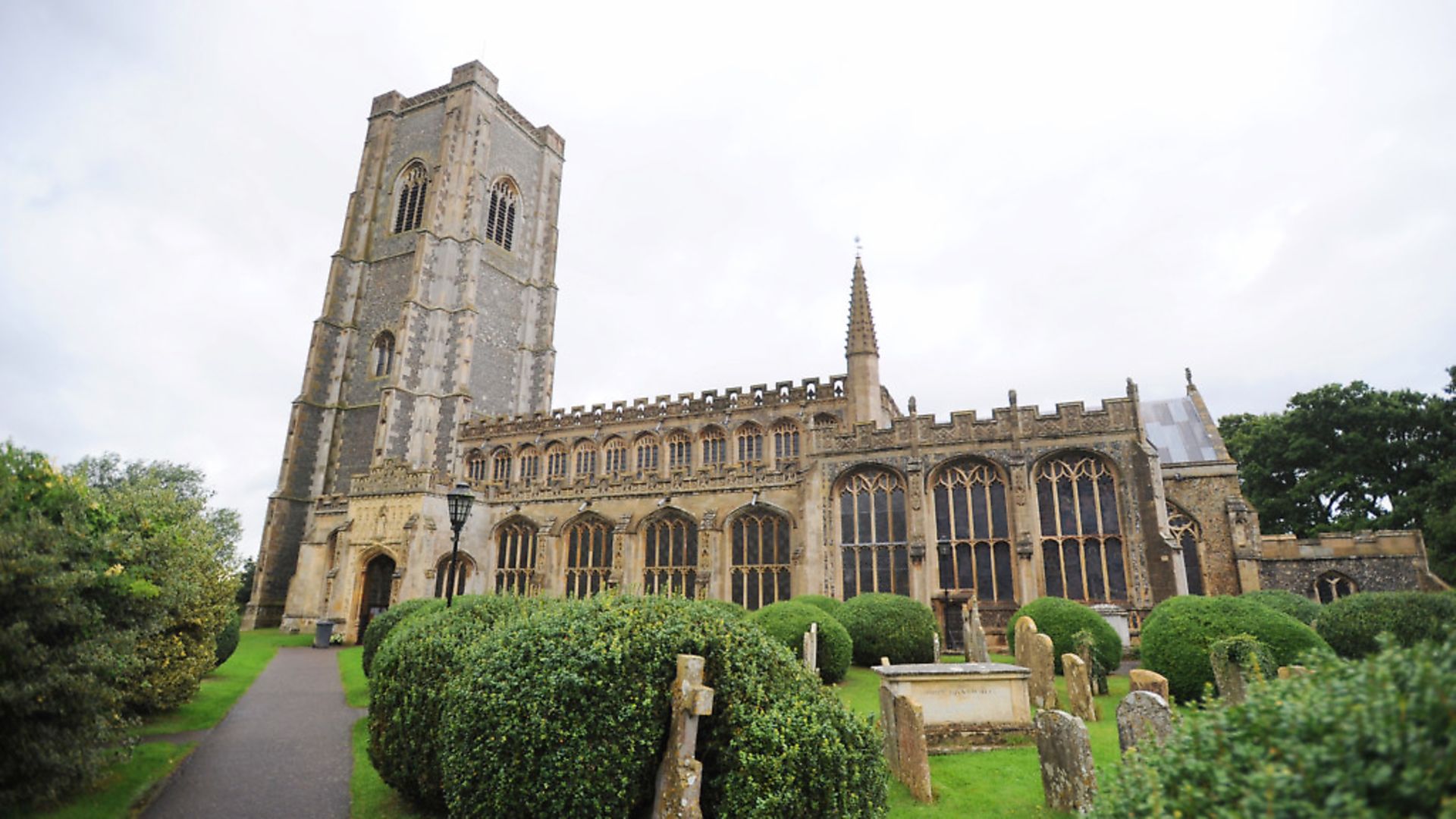
PETER TRUDGILL on the many words which break the rules,
If you have ever studied German, you may recall that one of the difficulties for a foreign learner of the language lies in struggling to come up with the correct plural forms of nouns. The word for ‘boy’ is Junge (you will also remember that German nouns are written with an initial capital letter), with its plural being Jungen, but the plural of Mann, ‘man’, is Männer. And while the plural of Mädchen, ‘girl’, is identical to the singular, the plural of Frau, ‘woman’, is Frauen. Good English-German dictionaries generally give the plural form of every German noun because it is often not easy to predict what it might be: Tisch – Tische, ‘table/s’; Stuhl – Stühle, ‘chair/s’; Buch – Bücher, ‘book/s’; Messer – Messer, ‘knife/knives’; Gabel – Gabeln, ‘fork/s’; Auto – Autos, ‘car/s’.
English plurals, in contrast, are easy to come up with. All you have to do is to take any old noun you care to think of and put an -s on the end of it. No one learning English as a foreign language is going to have any problems at all with our plural forms.
Except, of course, that isn’t true. For example, the plural of English sheep is not sheeps. In German, a number of nouns like Messer, ‘knife’, do not change as between the singular and the plural, and the English noun sheep behaves in the same way. In earlier forms of English, this was also true of the noun horse. In Titus Andronicus, Shakespeare has ‘Come on then, horse and chariots let us have!’; and as recently as 1819 Byron was writing ‘A thousand horse – and none to ride!’
Similarly, the plural of man and woman is not mans and womans but men and women – and notice what happens to the pronunciation of the first vowel of women. Earlier stages of the English language had many more such unpredictable plurals: an older plural of book was beec. English has retained quite a lot of unpredictable vowel changes in plurals: foot and feet, tooth and teeth, goose and geese, mouse and mice, louse and lice.
The plural of ox is oxen, although we cannot be entirely sure how many younger people still know this, ox not being a word on everybody’s lips these days. But we still happily use the -en plural in children, though this is actually a double plural, with -en having been added to childer, which was already plural, as in the words of the Christmas carol in which King Herod ‘slew the little childer’.
The plurals of brother and sister can still be brethren and sistren, but in modern English this is usually only found in certain religious contexts. Many rural dialects within living memory had housen as the plural of house: a dialect speaker in eastern Cambridgeshire was recorded as saying ‘Only what people got in their own housen’.
In 19th century East Anglia, closen was used for ‘clothes’, and the plural of cheese was cheesen. The resemblance to the German -en plurals Jungen and Gabeln is not a coincidence; and adding -en to a noun is also a common way of forming plurals in Dutch, where the plural of boek, ‘book’, is boeken and of huis, ‘house’, huizen.
Other complexities may not strike us until we meet someone who forms English plurals differently from us. In England the plural of knife is usually knives, but in Scotland and certain other parts of the English-speaking world it is very often knifes; similarly for wives, lives, loaves.
For me the plural of roof is roofs, but for many others it is rooves. The plural of house is written as houses, but in England we pronounce it ‘howzes’ even though house is ‘howsse’. But many Scots say ‘howsses’, and there are a large number of Americans and Canadians who agree with them.










